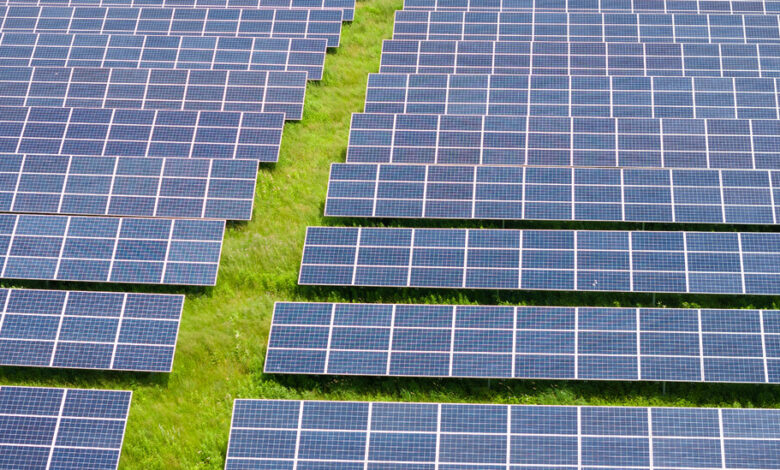Solar Energy, Criticized by Trump, Claims Big U.S. Gain in 2024

In a groundbreaking development, the U.S. power grid saw a significant increase in solar energy capacity in 2024, surpassing all other energy sources for the first time in over twenty years, as per a recent industry report unveiled on Tuesday.
The revelation came just a day after the newly appointed U.S. energy secretary, Chris Wright, publicly criticized the efficacy of solar and wind energy. Speaking at the commencement of CERAWeek by S&P Global, an annual energy conference in Houston, Wright argued that these renewable sources were incapable of meeting the escalating global electricity demands and were responsible for escalating energy prices.
The report, jointly conducted by the Solar Energy Industries Association and Wood Mackenzie, revealed that approximately 50 gigawatts of new solar generation capacity was added in the previous year, far exceeding any other electricity source.
Despite the disparagement from Wright and President Trump towards renewable energy, solar power and battery storage systems continue to gain traction and exhibit formidable resilience. The U.S. Energy Information Administration, a division of Wright’s department, recently projected that solar and batteries would remain at the forefront of new capacity installations on U.S. electric grids in the ongoing year.
In a defiant statement, Wright, a former chief executive of an oil and gas company, asserted, “Beyond the obvious scale and cost problems, there is simply no physical way wind, solar, and batteries could replace the myriad uses of natural gas.”
Despite the skepticism, solar energy and battery storage systems continue to gain momentum and pose a formidable challenge. The President and CEO of the Solar Energy Industries Association, Abigail Ross Hopper, emphasized the crucial role of solar power and storage in meeting the escalating electricity demands driven by data centers and artificial intelligence.
Various proponents of clean energy hailed the milestone achieved by solar power and emphasized its pivotal role in addressing the surging electricity demands in a sustainable and cost-effective manner.
In a panel discussion, the CEO of NextEra Energy, one of the largest renewable energy producers in the U.S., acknowledged the rapid and cost-effective deployment of solar energy for new electricity generation.
However, Wright contended that the increasing reliance on solar and wind power was contributing to the rise in electricity costs, which had steadily escalated in recent years. He attributed part of this increase to the spike in oil and natural gas prices following Russia’s invasion of Ukraine in 2022.
Despite the challenges, energy experts emphasized the need for governments to prioritize affordability, reliability, and safety in the energy sector while addressing concerns about climate change.
As electricity prices surge and demand continues to rise, particularly with the growth of data centers and industrial sectors, there is a pressing need to focus on ensuring a sustainable, reliable, and affordable energy supply.
Energy experts highlighted the importance of transitioning towards a low-carbon future while navigating the challenges posed by the evolving energy landscape.





